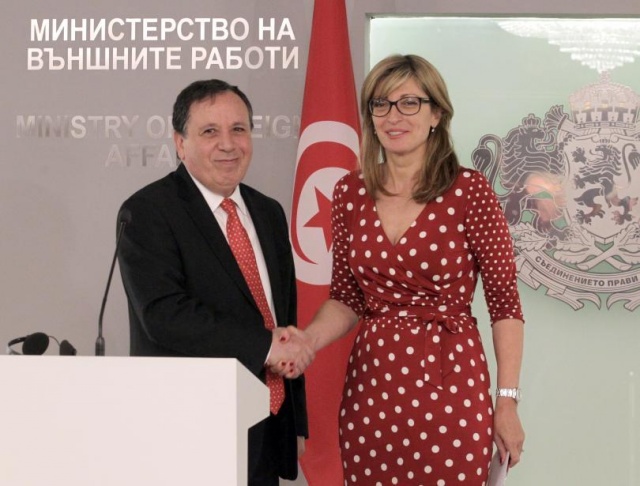Last week, International Monetary Fund (IMF) Managing Director Christine Lagarde left a meeting with Egyptian President Abdel Fattah Al-Sisi giving words of praise and commending his economic policies. She said: “The economy in Egypt is showing strong signs of recovery and its economic growth is among the highest in the Middle East.”
According to Haaretz contributor David Rosenberg, “on the one hand, Christine Lagarde is seen as one of the top officials in the global financial system who is trying to ensure that chronically failing economies such as Egypt’s do not face catastrophe.” Yet he adds: “On the other hand, she may be seen as merely a puppet of the global “plutocracy” designed for capital gains, without considering the suffering it causes to people in the Third World.”
Rosenberg argues that both sides have a point. The fact is that the Egyptian economy has made remarkable progress in the last 3 years, at least when measured against the criteria of the IMF and international investors. GDP growth exceeded 5 per cent in the fiscal year ending in June, the highest rate in a decade.
Meanwhile, the government has cut its debt from 103 per cent of GDP in the 2017 fiscal year to 86 per cent, which is one reason credit-rating organisation Moody’s Corporation is optimistic about the future of the country. Egypt’s budget deficit fell to less than 10 per cent for the first time since former president Hosni Mubarak was ousted in 2011’s Arab Spring.
This was achieved with the help of a $12 billion loan granted by the IMF to Egypt in 2016, which prompted Al-Sisi to undertake a series of reforms. Energy subsidies were cut, taxes increased, the Egyptian pound was allowed to float and a set of laws was introduced to facilitate business. All measures were designed to satisfy international investors, who until recently were willing to buy Egyptian debt. Unfortunately, Egypt had no choice in dealing with its situation because it was in desperate need of capital.


